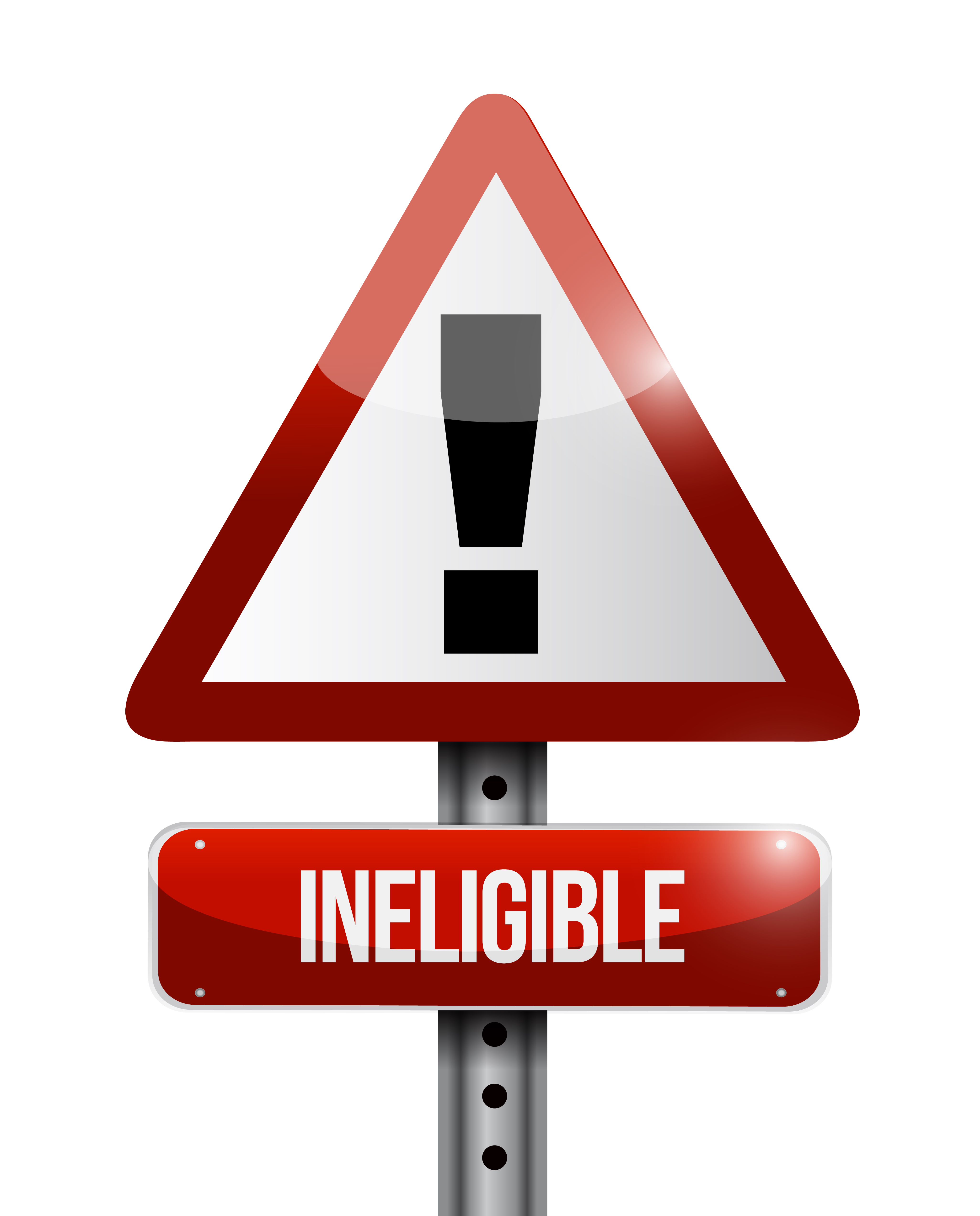Federal Circuit Upholds Two Courts’ Findings that Remote Training Patents are Ineligible
“The CAFC said the technology recited in the claim merely serves a ‘a conduit for the abstract idea’ and does not provide a technological solution to a specific technological problem.”
The U.S. Court of Appeals for the Federal Circuit (CAFC) today affirmed one district court decision and dismissed another as moot, finding that Riggs Technology Holdings, Inc.’s U.S. Patent No. 7,299,067 for remote education and training systems is patent ineligible as it is “plainly drawn to an abstract idea.” Judge Chen authored both opinions.
Riggs sued Cengage Learning, Inc. in the U.S. District Court for the District of Massachusetts for infringement of the ‘067 patent, but the district court granted Cengage’s Motion to Dismiss based on patent ineligibility. The court held that the patent “is plainly drawn to an abstract idea,” and that “the concept underlying the claims of the ’067 patent—providing, managing, and/or documenting training completed remotely on a handheld device—is akin to those found in claims the Federal Circuit has deemed abstract and ineligible.”
Just Like Killian
In its discussion, the Federal Circuit explained that representative Claim 1 of the patent, which is directed to “a method of managing training completed remotely at a hand held device,” followed by seven steps, describes the “abstract mental process of managing training that was provided remotely.” While Riggs had attempted to argue that the claim addresses a problem rooted in computer technology to solve a problem in the realm of computer networks, the CAFC said the technology recited in the claim merely serves a “a conduit for the abstract idea” and does not provide a technological solution to a specific technological problem. The Federal Circuit cited to In re Killian as precedent for its analysis:
“In Killian, we held claims reciting a “search algorithm for identifying people who may be eligible for [Social Security Disability Insurance] benefits that they are not receiving” were “directed to [a] patent-ineligible abstract mental process.”… We explained that the “claims must fail Alice/Mayo step one as they are directed to collection of information, comprehending the meaning of that collected information, and indication of the results, all on a generic computer network operating in its normal, expected manner.”
Like Killian, Riggs’ Claim 1 is directed to collecting and storing information using a generic computer, said the court.
Turning to Alice/Mayo step two, the appellate court also said the claim merely instructed the practitioner to perform the abstract steps on a generic computer, as was the case in Killian. The key inventive concept recited in Riggs’ patent is performing remote training on a handheld device, like a mobile phone, but the CAFC said the Supreme Court explained in Alice that “‘limiting the use of an abstract idea to a particular technological environment’ is not enough for patent eligibility.” The specification and the claims both use language that makes it clear the steps recited in claim 1 are not meant to be completed with anything other than “well-understood technology used in a routine and conventional manner,” said the court, and thus the claim failed at step two as well.
Ok to Dismiss at 12(b)(6)
Finally, Riggs had argued that the case should not be dismissed at the Rule 12(b)(6) stage because whether the claims cover conventional technology or not relies on a factual analysis that is not conducted at this preliminary stage. But the CAFC, citing Aatrix Software, Inc. v. Green Shades Software, Inc., said, “[w]e have held that patent eligibility can be determined at the Rule 12(b)(6) stage ‘when there are no factual allegations that, taken as true, prevent resolving the eligibility question as a matter of law.” The court added that, since the specification clearly admits that the additional claim elements are routine and conventional, “it will be difficult, if not impossible, for a patentee to show a genuine dispute,” further justifying dismissal at the 12(b)(6) stage.
In a separate case brought by Riggs against Vagaro, Inc. in the Northern District of California alleging infringement of the same patent, the same panel of CAFC judges dismissed Riggs’ appeal as moot based on the reasoning set forth in the appeal above.
Image Source: Deposit Photos
Image ID: 35440567
Author: alexmillos
Eileen McDermott
Eileen McDermott is the Editor-in-Chief of IPWatchdog.com. Eileen is a veteran IP and legal journalist, and no stranger to the intellectual property world, having held editorial and managerial positions at […see more]







